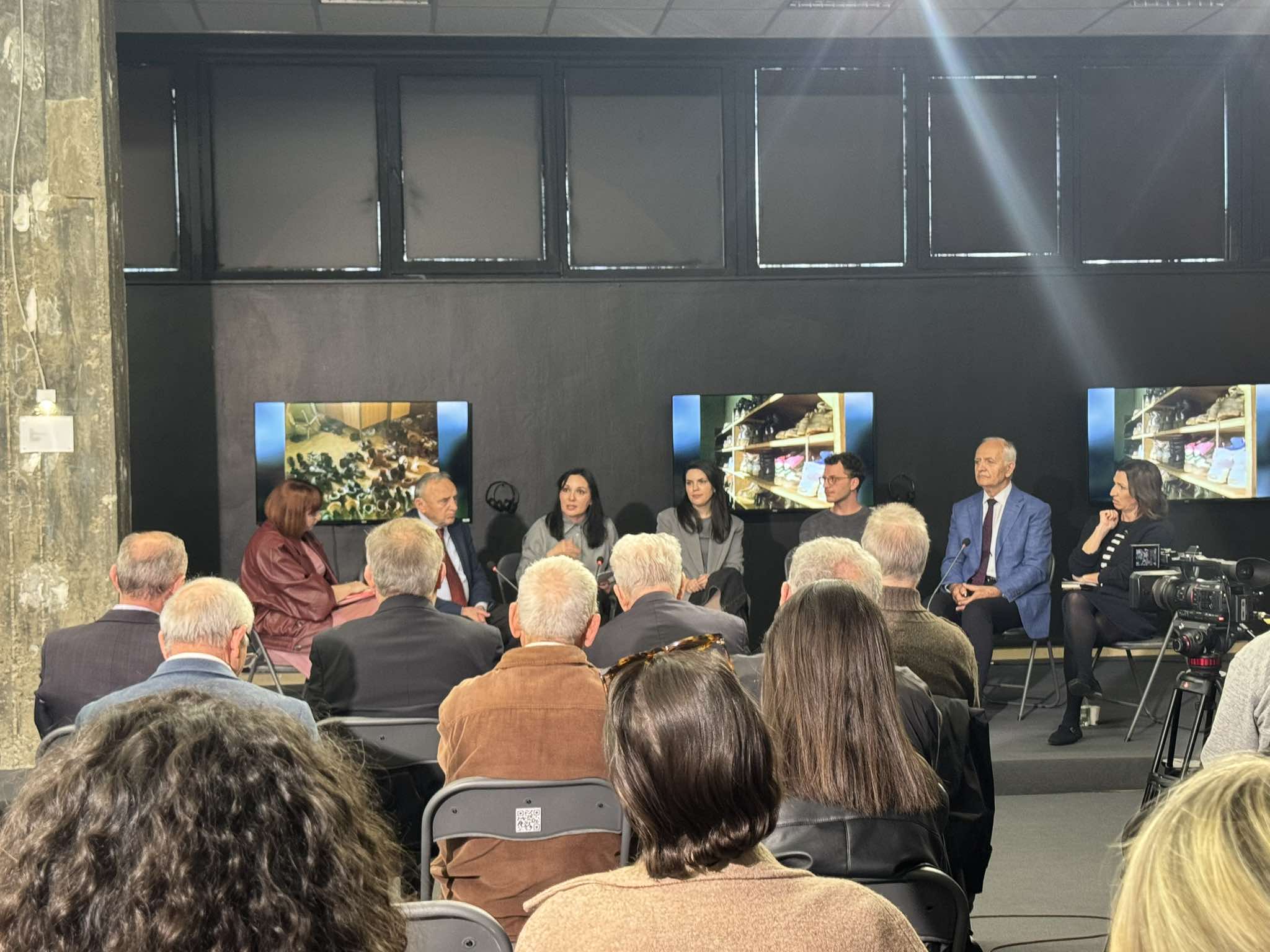
In honor of March 7th, Teacher’s Day, Reporting House held a discussion on the role of 'Schoolhouses' in 1990s Kosovo, recalling the challenges faced by educators in establishing these makeshift schools.
Zijadin Gashi, Chairman of the Pristina Municipal Education Council from 1990 to 1999, shared his account of the circumstances under which these resistance schools emerged as a response to the pressure and discrimination imposed by the Serbian regime. Teachers at the time refused to work under Serbian laws.
Schools led by individuals who had previously worked in state institutions sought guidance and consulted with one another, ultimately declaring that they could not function under Serbian laws and textbooks. The Schoolhouse system became a public topic of discussion. There was strong collaboration between schools and political parties, and an educational program was approved. The curriculum needed changes, and the school year was meticulously prepared to begin on January 20th. Schoolhouses were identified, and classes officially started on that date. It was an extraordinary success. There was no school furniture, but all teachers and students were fully mobilized, and school attendance was massive," Gashi recounted.
During the discussion on the role of Schoolhouses in the 1990s, Linda Gucia, a lecturer in the Department of Sociology, emphasized the importance of Albanian-language education in preserving national identity and the impact of the University of Pristina in shaping Kosovo’s intellectual elite.Teacher’s Day is a holiday dedicated to educators in schools and universities.
March 7th has deep historical roots, commemorating the establishment of the first Albanian-language school. It began to be officially recognized as a holiday when the Albanian state designated this date as a tribute to the founding of the first Albanian ‘Mësonjëtorja’ (Learning Institution) in Korça in March 1887.

